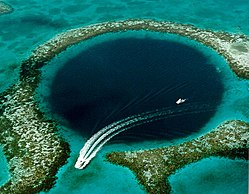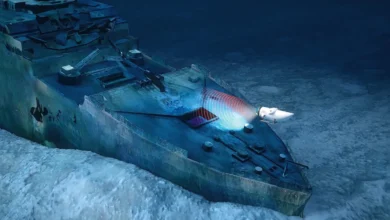Underwater:3u1qizs_9ra= Coral Reef:R_Tayw-Itiw= Ocean

Underwater:3u1qizs_9ra= Coral Reef:R_Tayw-Itiw= Ocean, often likened to the rainforests of the ocean, are critical to sustaining marine biodiversity and ecological integrity. They serve as vital habitats for countless species, facilitating complex interactions that underpin nutrient cycling and energy flow within marine ecosystems. Yet, these vibrant structures are increasingly threatened by climate change, pollution, and unsustainable fishing practices. Understanding the multifaceted challenges they face, alongside emerging conservation strategies, raises essential questions about the future of these ecosystems and the role we can play in their preservation. What steps are necessary to ensure their survival amidst escalating environmental pressures?
Importance of Coral Reefs
Coral reefs, often referred to as the “rainforests of the sea,” play a crucial role in maintaining marine biodiversity and supporting ecological balance. Their significance extends to promoting coral resilience, which enables these ecosystems to withstand environmental stressors. Furthermore, reef restoration initiatives are vital for revitalizing degraded areas, thereby enhancing habitat availability and ensuring the continued viability of diverse marine species dependent on these intricate underwater structures.
Read Also: Underwater:5r9llwoiwdw= Titanic Pictures
Biodiversity Within Coral Ecosystems
Within the intricate framework of coral ecosystems lies a remarkable array of biodiversity, characterized by a complex interplay of species interactions and ecological niches. Various organisms, including fish, invertebrates, and algae, fulfill specific ecological roles, enhancing nutrient cycling and energy flow. This interconnectedness fosters resilience, enabling ecosystems to adapt and thrive amidst environmental fluctuations, ultimately supporting a rich tapestry of marine life.

Threats to Underwater:3u1qizs_9ra= Coral Reef:R_Tayw-Itiw= Ocean
The survival of coral reefs is increasingly jeopardized by a multitude of anthropogenic and natural threats that disrupt their delicate balance. Climate change exacerbates ocean acidification, leading to weakened coral structures. Pollution impacts from runoff further degrade water quality, while overfishing effects destabilize predator-prey dynamics. Invasive species threaten native biodiversity, and coastal development encroaches upon critical habitats, intensifying these challenges.
Read Also: Underwater:-Pfjoxkrxee= Swimming
Conservation Efforts and Solutions
Addressing the myriad threats to coral reefs necessitates a multifaceted approach that integrates scientific research, community engagement, and policy reform. Effective conservation efforts involve innovative restoration techniques, such as coral gardening and artificial reefs, coupled with robust community involvement to ensure local stewardship.
Conclusion
In the intricate tapestry of marine life, Underwater:3u1qizs_9ra= Coral Reef:R_Tayw-Itiw= Ocean emerge as vital threads, sustaining the vibrant ecosystems beneath the waves. The challenges posed by climate change, pollution, and overfishing cast a shadow over their future, necessitating concerted conservation efforts. Through innovative restoration techniques and community engagement, a pathway towards resilience can be forged. Protecting these underwater treasures is paramount, as their preservation ensures the continuation of unparalleled biodiversity and the ecological harmony of oceanic realms for generations to come.




